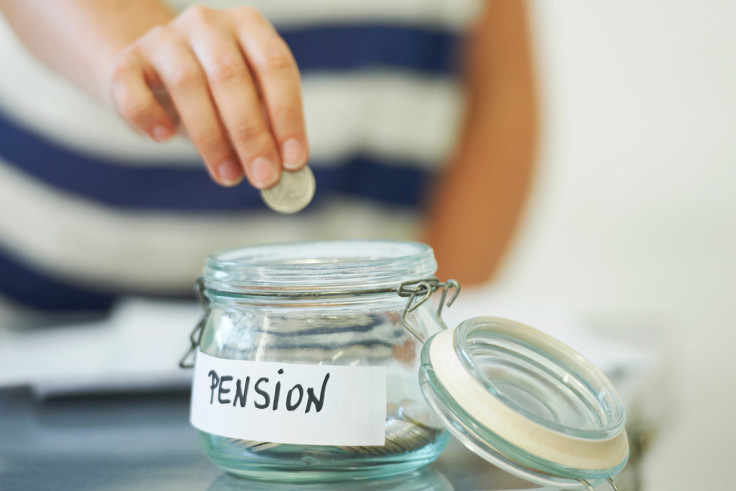Britain ranks bottom on state pensions among advanced nations
Britons collect the equivalent of just 29% of what they earned at work on average when they turn 68.

Britain has relatively high levels of poverty among the elderly as its state pensions are the lowest among the most advanced countries in the world, an international think tank has said.
The Organisation for Economic Co-operation and Development (OECD) said the UK pays the least generous pensions among its 35 member nations, with the average Briton collecting the equivalent of just 29% of what they earned at work when they turn 68.
However, when private pensions are taken in account, the average UK pensioner receives 62% of their work earnings.
The OECD said low state pensions were contributing to poverty levels of 18.5% among those aged 75 and over – most of them women – compared to 11% among the whole population.
"People who have had sufficient income during their working lives to save, buy their own home and contribute to private pensions have relatively good incomes compared to younger generations," the think tank said in a report.
"However, retirees without such additional sources of revenue are left with few resources; this is reflected in the poverty rate and high income inequality in the United Kingdom for the over 65s."
The UK's population is ageing rapidly, with the number of people aged 65 and over for every 100 people of working age set to rise from about 30 at present to 48 in 2050.
The OECD said the change in demographics would create social and economic challenges, while it also issued a warning over the high levels of obesity among the elderly in Britain.
It said more than a fifth of over-80s are obese in England, compared to about 15% in the US and less than 10% in countries such as Austria, Denmark and Italy.
TUC general secretary Frances O'Grady said: "Working people in Britain face the biggest retirement cliff edge of any developed nation. We are letting down today's workers if we can't provide them with a decent retirement income."






















